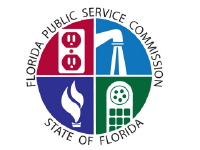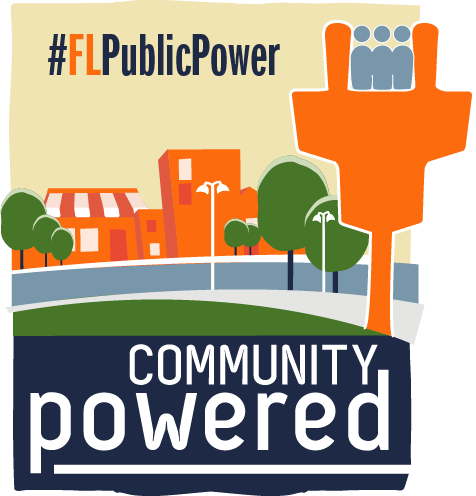Regulators Back Underground Power Line Plans
 Despite objections from attorneys for utility customers, the Florida Public Service Commission on Tuesday continued moving ahead with plans for carrying out a new law that supporters say will help make the state’s electric system better able to withstand hurricanes.
Despite objections from attorneys for utility customers, the Florida Public Service Commission on Tuesday continued moving ahead with plans for carrying out a new law that supporters say will help make the state’s electric system better able to withstand hurricanes.
The state Office of Public Counsel, which represents consumers, asked the commission to reconsider two proposed rules that would carry out the law, which passed during the spring legislative session and has been touted as a way to help build more underground power lines.
Deputy Public Counsel Charles Rehwinkel said his office doesn’t object to the effort to build more underground power lines and increase storm protections. But he said it is concerned that the proposed rules would allow “inflated” costs for consumers.
The Public Service Commission approved the proposed rules Oct. 3, but the Office of Public Counsel requested a public hearing to try to persuade regulators to make changes. The Office of Public Counsel was joined at Tuesday’s hearing by the Florida Retail Federation, the Florida Industrial Power Users Group and PCS Phosphate.
But the commission rejected the requests for changes and cleared the way for the proposed rules to be finalized. Commissioners said the proposed rules include adequate safeguards to make sure customers don’t get charged too much for the storm projects.
The law, which passed after hurricanes knocked out power across the state during the past few years, is expected to lead to billions of dollars in projects in the coming years.
“It’s a ton of money,” said Jon Moyle, an attorney for the Florida Industrial Power Users Group, which represents large electricity users. “It’s a significant amount of money.”
Much of the attention has focused on part of the law that changes the way storm-protection projects are financed --- and likely will lead to increased costs for consumers.
Under the law, utilities will be able each year to seek approval from the commission to collect money from customers for storm-protection projects. In the past, such projects have generally been financed through base electric rates, which are set for a number of years and include a wide range of utility expenses.
Utilities will have to file 10-year plans with the commission about bolstering storm protection. But a key part of the debate has centered on information utilities should have to provide about projects during the first three years.
In approving the proposed rules, the Public Service Commission agreed with utilities that they should only have to provide detailed information for projects in the first year. Information submitted initially for projects in the second and third years would be broader, such as estimated numbers of projects and estimated costs. The utilities would then come back annually with detailed plans for the next year.
The Office of Public Counsel and other critics, however, have contended that a lack of detail about projects in the second and third years could open the door to utilities collecting money under the new law for projects whose costs also are being passed on to customers through base rates --- described as “double recovery.”
“You don’t have an anchor for determining what is incremental, what is new, and that applies across the board,” said James Brew, an attorney for PCS Phosphate.
But Public Service Commission members and Florida Power & Light attorney Kenneth Rubin said utilities will have to prove every year that the costs of the projects under the new law also aren’t being recouped through base rates.
“There is no question that it will be our burden to come in and prove that to the commission,” Rubin said.
Commission members and the utilities also expressed concerns about providing detailed lists of projects for the second and third years and then having to make changes. They said that could cause problems with customers and local governments expecting projects to be built.
“I think you’re dealing with a nightmare situation there,” commission Chairman Art Graham said.
Article reposted with permission from The News Service of Florida.
 Enter your email address in the
Enter your email address in the 